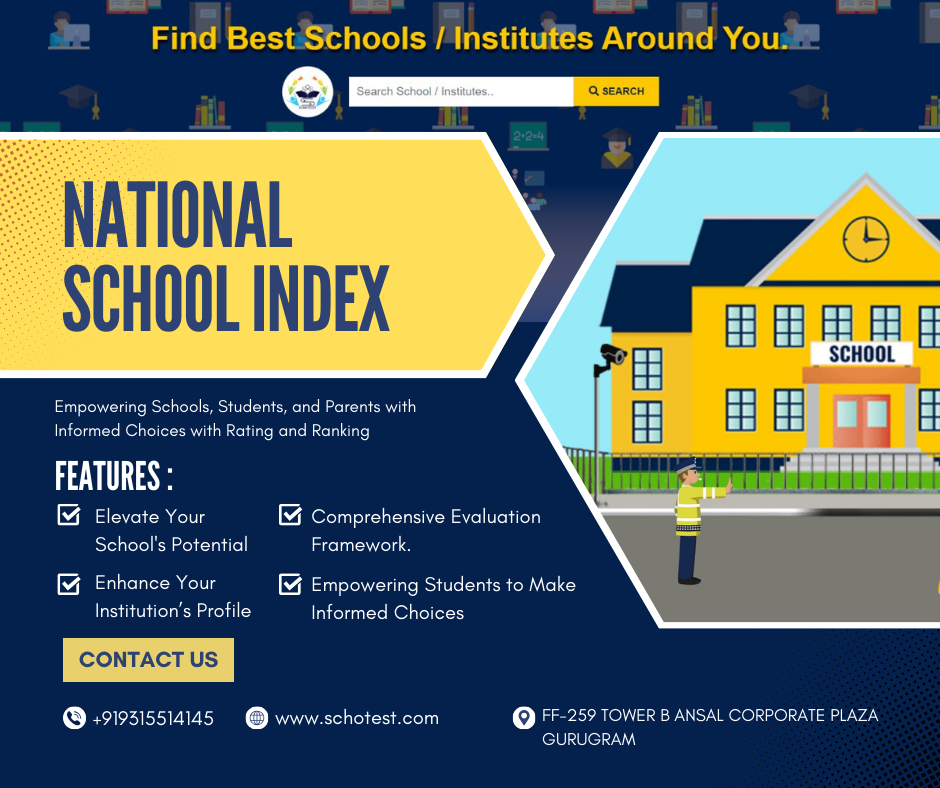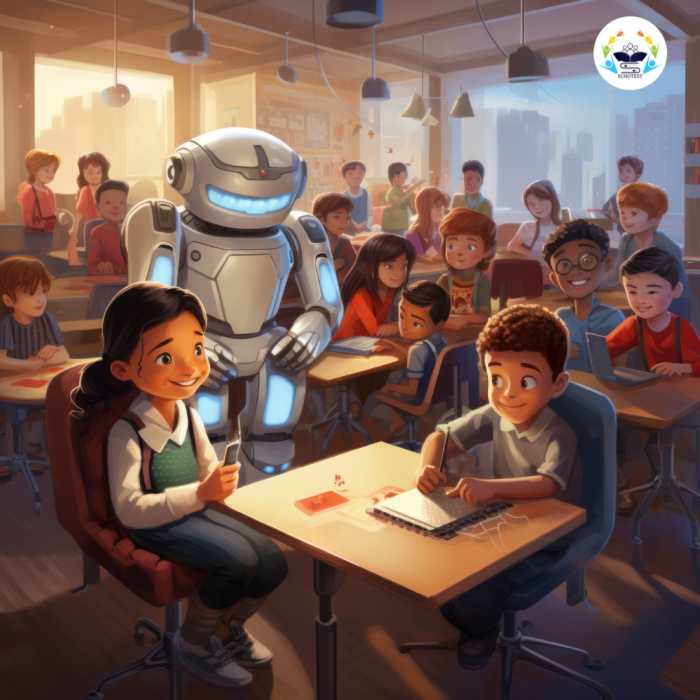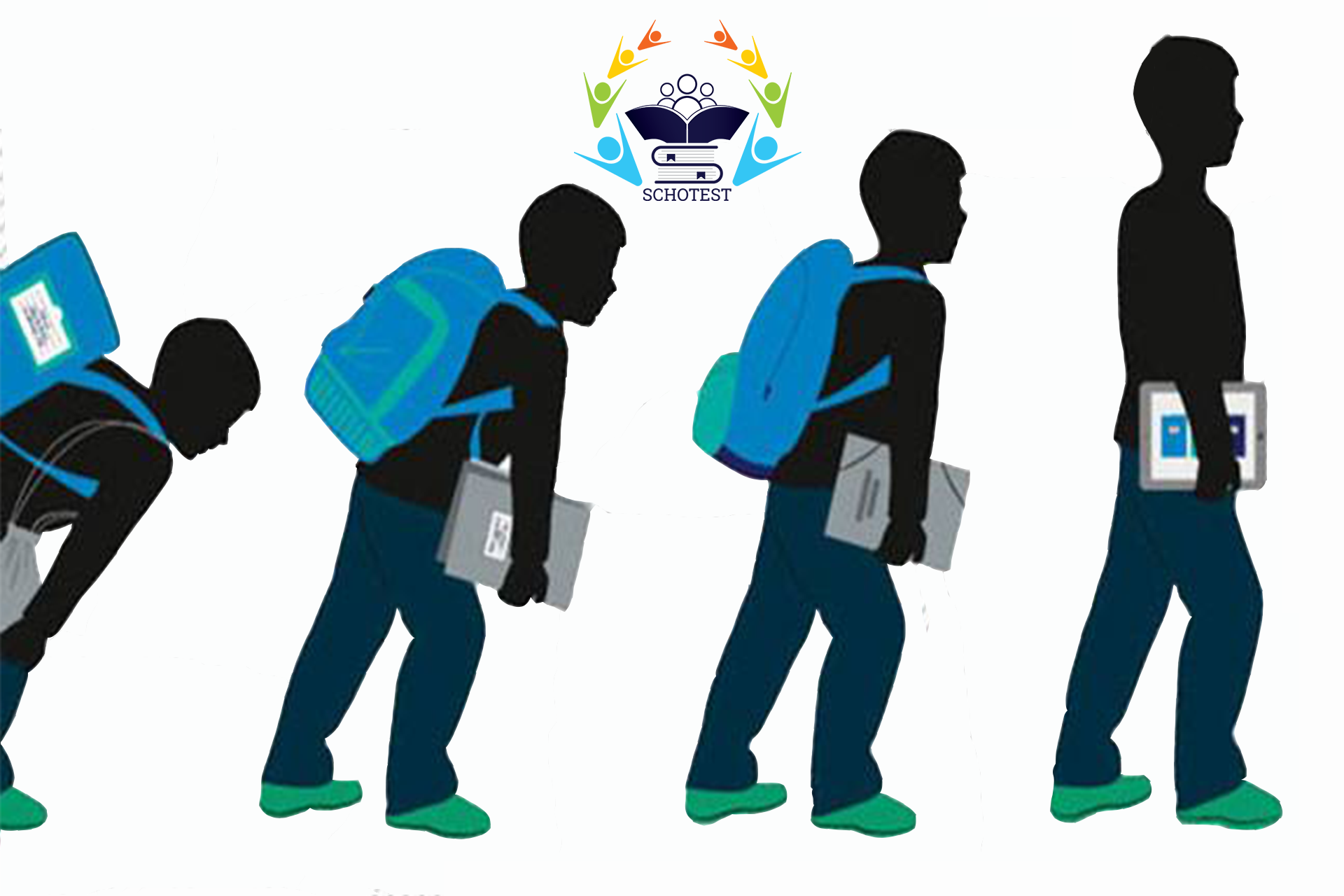Understanding AI: A New Chapter in Education
Artificial Intelligence (AI) is rapidly transforming various industries, and education is no exception. While AI’s full potential in schools is yet to be realized, it’s already making waves. In this blog, we’ll explore what AI is, how educators feel about it, the ethical concerns surrounding its use, and the future possibilities it holds for education. Let’s break it down step by step!
What is AI?
Artificial Intelligence (AI) is a computer technology that mimics human intelligence. It allows machines to learn, reason, and even make decisions. In education, AI can revolutionize how students learn, how teachers teach, and how schools operate. From personalized learning platforms to automated grading systems, AI is already helping make education more efficient and tailored to individual student needs.
According to a report by the World Economic Forum, AI will play a crucial role in future job markets, with many students needing to learn AI-based skills to stay competitive. Schools worldwide are beginning to integrate AI in the classroom to better prepare students for this shift.
AI in Education: Not Yet Ready to Take Over the Classroom
While AI has made its way into schools, educators aren’t expecting it to take center stage anytime soon. Teachers and administrators see AI as a tool to support learning, not replace traditional teaching methods. The idea of AI running a classroom on its own is still a long way off.
For example, a McKinsey report states that while AI tools can automate tasks like grading or lesson planning, human interaction remains critical for student success. Teachers provide the emotional and social support that AI cannot replicate.
Teachers Need More Training to Use AI Effectively
One of the biggest hurdles in adopting AI in classrooms is that many teachers feel underprepared. They need more education on how to use AI tools effectively and ethically. Schools must offer training programs to help teachers understand AI’s benefits and limitations.
A survey by EdTech Magazine revealed that over 60% of teachers expressed interest in learning more about AI but felt they lacked the resources to do so. Educators want guidance on how to incorporate AI without compromising the quality of teaching or the ethical standards of education.
The Future of AI in Education: Looking Ahead
The future of AI in education is filled with possibilities. We could see AI-powered systems that offer real-time feedback to students, helping them learn faster. Virtual reality (VR) classrooms could allow students to explore historical events or far-off places without leaving the classroom.
However, the technology must develop in tandem with clear ethical guidelines. Reports from the OECD suggest that AI could reshape the future of learning by making it more personalized, inclusive, and accessible, provided the right policies are in place.
The Most Common AI Cheating Methods and the Risks They Bring
Unfortunately, not all uses of AI are beneficial. Some students have found ways to cheat using AI tools. For instance, students can use AI-powered bots to write essays or complete assignments for them. Apps that solve math problems instantly by scanning the equation with a camera are also common.
While these tools might seem helpful, they can encourage shortcuts that hurt long-term learning. Schools need to monitor these technologies closely to ensure they are used responsibly. The Journal of Educational Computing Research reported that misuse of AI in classrooms could undermine academic integrity and learning outcomes.
Concerns Surrounding AI in Education
With all the excitement around AI, there are valid concerns as well. Privacy issues top the list. AI systems often collect large amounts of data on students, which raises questions about how that data is stored and used. Parents and educators worry about whether this data might be shared with third parties or used for purposes other than improving education.
Moreover, there are fears that AI could increase inequality. Schools in wealthier areas might be able to afford more advanced AI systems, while underfunded schools could be left behind. According to a World Bank report, unequal access to AI could worsen the existing digital divide in education.
Teachers Need More Training to Use AI Effectively
One of the biggest hurdles in adopting AI in classrooms is that many teachers feel underprepared. They need more education on how to use AI tools effectively and ethically. Schools must offer training programs to help teachers understand AI’s benefits and limitations.
A survey by EdTech Magazine revealed that over 60% of teachers expressed interest in learning more about AI but felt they lacked the resources to do so. Educators want guidance on how to incorporate AI without compromising the quality of teaching or the ethical standards of education.
AI Tools in the Classroom: What’s Being Used?
Various AI tools are already being used in classrooms today. Some popular tools include:
-
Smart Tutoring Systems: These provide personalized learning experiences, adjusting lessons based on a student's progress. For example, platforms like Khan Academy use AI to tailor lessons to a student’s pace.
-
Automated Grading Systems: AI can help teachers grade assignments and quizzes more quickly, freeing up time for other tasks. Turnitin, an AI-powered plagiarism checker, is commonly used in schools.
-
Speech Recognition Tools: These help students with learning disabilities by transcribing spoken language into written text.
The International Society for Technology in Education (ISTE) highlights that AI tools are increasingly being integrated into lesson plans, especially in STEM subjects. However, experts stress that these tools should be used as supplements, not replacements, for traditional teaching.
AI’s Impact on Education: A Balanced Approach
AI has the potential to transform education, making it more personalized, efficient, and innovative. But this transformation must come with caution. Reports from OECD and UNESCO stress the importance of balanced AI implementation—one that ensures equitable access, ethical use, and proper training for teachers and students alike.
As SchoTest moves forward, it’s clear that AI will play a bigger role in shaping how we learn. However, it's crucial to remember that education is about more than just technology. AI can support learning, but human teachers, collaboration, and critical thinking will always be at the heart of education.
AI in education presents exciting opportunities and significant challenges. It’s up to schools, policymakers, and educators to ensure that this technology is used to benefit all students, creating a more inclusive, personalized, and ethical learning environment.











Discussion